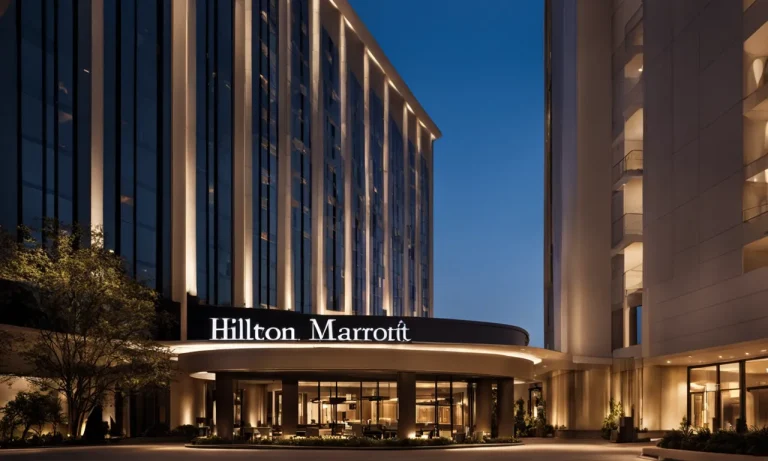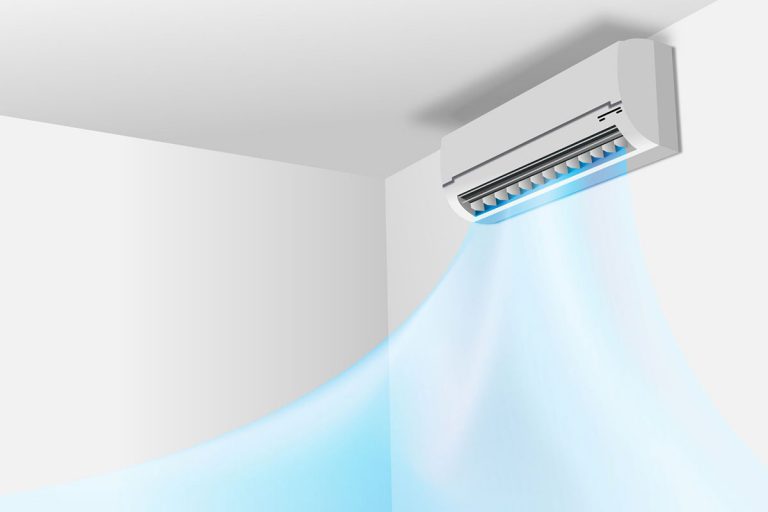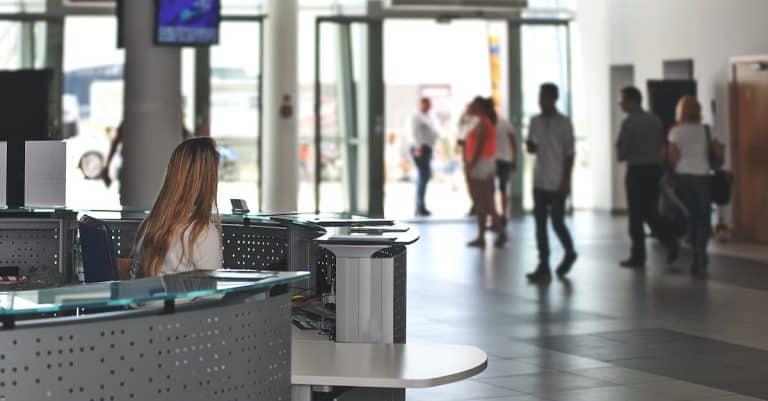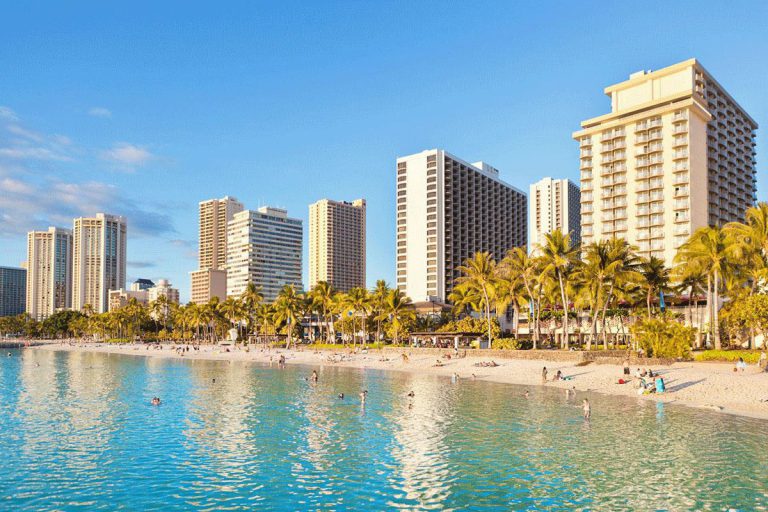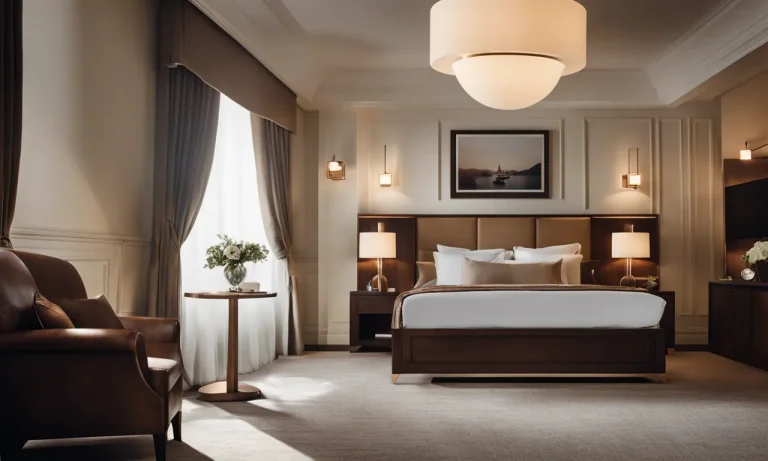Discover the truth about hotel surveillance and the retention of camera footage.
If you’re short on time, here’s a quick answer to your question: Hotels may keep camera footage, but the retention period varies.
In this article, we will delve into the topic of hotel surveillance and explore the factors that influence the storage and retention of camera footage.
We will also discuss the legality and privacy implications of hotel surveillance systems.
Whether you’re a curious traveler or someone concerned about privacy, this article will provide you with valuable insights.
Understanding Hotel Surveillance Systems
When it comes to ensuring the safety and security of their guests, hotels often employ a variety of surveillance measures. One important aspect of hotel security is the use of surveillance cameras.
These cameras are strategically placed throughout the premises to monitor activities and deter potential criminal behavior. In this article, we will delve into the different types of cameras used in hotels, their locations, and the purpose they serve.
Types of cameras used in hotels
Hotels utilize a range of cameras, each with its own specific features and capabilities. Common types include:
- Fixed cameras: These cameras are stationary and provide a fixed view of an area. They are often used in lobbies, hallways, and other public spaces to monitor general activities.
- Pan-tilt-zoom (PTZ) cameras: PTZ cameras can be remotely controlled to pan, tilt, and zoom, allowing for a more comprehensive coverage of an area. These cameras are typically used in larger spaces such as parking lots or outdoor areas.
- Hidden cameras: These cameras are discreetly placed and may not be easily noticeable. They are often used for security purposes in sensitive areas like cash handling rooms or storage rooms.
Locations of surveillance cameras
Hotel surveillance cameras are strategically placed in various locations to ensure comprehensive coverage. Common areas where you can expect to find cameras include:
- Lobby and reception areas: These areas are often monitored to keep an eye on entry and exit points, as well as guest interactions.
- Hallways and corridors: Surveillance cameras in these areas help monitor guest movements and identify any suspicious or unauthorized activities.
- Elevators: Cameras in elevators can help deter instances of vandalism or theft and provide evidence in case of any incidents.
- Common areas: Surveillance cameras are often positioned in areas such as restaurants, bars, and swimming pools to ensure the safety of guests and prevent any untoward incidents.
It’s important to note that camera placement may vary depending on the hotel’s size, layout, and security needs.
Purpose of hotel surveillance systems
The primary purpose of hotel surveillance systems is to enhance the safety and security of guests, staff, and property. These systems serve several important functions:
- Deterrence: The presence of visible cameras can act as a deterrent to potential criminals, reducing the likelihood of theft, vandalism, or other illegal activities.
- Investigation: In the unfortunate event of an incident, surveillance footage can provide crucial evidence to aid in investigations and identify perpetrators.
- Guest safety: Monitoring public areas helps ensure that guests are safe and can enjoy their stay without any concerns.
- Employee accountability: Surveillance systems can help monitor employee behavior and ensure adherence to hotel policies and procedures.
It is worth mentioning that the use of surveillance cameras in hotels is subject to legal regulations and privacy considerations. Hotels must adhere to local laws and regulations to protect the privacy of their guests while maintaining a safe and secure environment.
To learn more about hotel security and surveillance systems, visit Hospitality Net, a leading resource in the hospitality industry.
Factors Affecting Camera Footage Retention
Hotel policies and procedures
One of the key factors that determine whether hotels keep camera footage is their own policies and procedures. Each hotel may have different guidelines regarding the retention of surveillance footage.
Some hotels may choose to keep the footage for a specific period of time, such as 30 days, while others may keep it for longer periods, like 90 days or even up to a year.
It is important for hotels to establish clear policies to ensure the privacy and security of their guests, as well as to comply with any legal requirements.
Local laws and regulations
The retention of camera footage in hotels is also influenced by local laws and regulations. Different jurisdictions may have specific requirements regarding the length of time that hotels must keep surveillance footage.
For example, in some countries, hotels are required to retain footage for a minimum of 30 days, while in others, the requirement may be longer.
It is crucial for hotels to be aware of and comply with the legal obligations in their respective locations to avoid any potential legal issues.
Security considerations
Another important factor that affects the retention of camera footage in hotels is security considerations. Surveillance footage can be a valuable tool in investigating incidents, such as theft, vandalism, or other criminal activities that may occur on hotel premises.
By keeping camera footage for a certain period of time, hotels can ensure that they have access to the necessary evidence in case of any security breaches.
Additionally, retaining footage can also serve as a deterrent to potential wrongdoers, as they know their actions are being recorded.
It is worth noting that while hotels may keep camera footage for a certain period of time, it is not always actively monitored. The footage is typically stored in a secure location and accessed only when necessary, such as during an investigation. This helps to protect the privacy of guests and ensures that the footage is used responsibly.
For more information on hotel surveillance and privacy practices, you can visit the website of the American Hotel & Lodging Association (www.ahla.com), which provides resources and guidelines for the hospitality industry.
Legal and Privacy Implications
When it comes to the use of surveillance cameras in hotels, there are several legal and privacy implications that both hotel guests and hotel management need to consider. These implications revolve around guest consent and notification, data protection and privacy laws, and the handling of sensitive information.
Guest consent and notification
Hotels have a responsibility to inform their guests about the presence of surveillance cameras on their premises. This can be done through the use of clear signage indicating the areas where cameras are in operation.
By doing so, hotels ensure that their guests are aware of the potential monitoring and can make an informed decision about whether or not to stay at the hotel.
It is important for hotels to be transparent in their communication and respect the privacy concerns of their guests.
Data protection and privacy laws
Hotels must comply with data protection and privacy laws that are in place in their respective jurisdictions. These laws dictate how personal information, including camera footage, should be collected, stored, and used.
Hotel management must ensure that they have appropriate measures in place to protect the privacy and security of their guests’ information.
It is crucial for hotels to have robust data protection policies that outline how they handle and store camera footage, ensuring that it is only accessed by authorized personnel and used for legitimate purposes.
Handling of sensitive information
Hotel management must handle camera footage and other sensitive information with utmost care.
This includes taking necessary precautions to prevent unauthorized access, ensuring secure storage, and implementing strict protocols for the retention and deletion of data.
Additionally, hotels should have policies in place to address situations where camera footage may need to be shared with law enforcement or other relevant authorities. This ensures that hotels are able to balance the privacy and security of their guests with the need for maintaining a safe and secure environment.
It is important for hotels to stay updated with the latest legal requirements and industry best practices regarding the use of surveillance cameras.
For more information on legal and privacy implications related to hotel surveillance, you can visit websites such as privacyrights.org and iapp.org.
Common Retention Periods
When it comes to the question of whether hotels keep camera footage, the answer is not a simple yes or no. Hotels do have security cameras for the safety of their guests and staff, but the retention periods for this footage can vary depending on various factors.
Industry practices
In the hospitality industry, it is common for hotels to retain camera footage for a certain period of time. This is primarily done for security and liability reasons. Hotel management wants to ensure the safety of their guests and employees, as well as protect themselves from potential legal issues.
The industry standard for retaining camera footage in hotels is typically between 30 to 90 days. However, it is important to note that this can vary from hotel to hotel, depending on their specific security protocols and policies.
Variances in retention periods
While the industry standard is generally followed, there can be variances in retention periods among different hotels. Some hotels may choose to retain footage for shorter periods, such as 14 or 30 days, while others may opt for longer retention periods, such as 180 days or even a year.
The decision to retain footage for a longer period of time may be influenced by factors such as the hotel’s location, the size of the property, or even the hotel brand’s specific policies.
For example, hotels located in high-crime areas may choose to retain footage for a longer period as a precautionary measure.
Importance of clear policies
Having clear policies regarding the retention of camera footage is crucial for hotels. It not only helps them adhere to legal requirements but also ensures transparency and accountability.
Guests have the right to know how long their personal information, including video footage, will be stored by the hotel.
Hotels should clearly communicate their retention periods to guests, either on their website or through other means of communication. This allows guests to make informed decisions about their privacy and security when choosing a hotel to stay in.
It is worth mentioning that while hotels may retain camera footage for a certain period of time, it does not necessarily mean that the footage is constantly monitored. The primary purpose of the cameras is to deter and investigate any potential security incidents, rather than to constantly monitor guests’ activities.
Guest Rights and Protections
Access to camera footage
As a guest, you may be wondering if hotels keep camera footage and what your rights are in regard to accessing that footage. In most cases, hotels do have surveillance cameras installed in common areas for the safety and security of their guests and staff.
However, it is important to note that the primary purpose of these cameras is not to invade your privacy, but rather to ensure a secure and pleasant stay for everyone.
Access to camera footage is generally restricted to authorized personnel, such as hotel management, security teams, and law enforcement, in cases where it is necessary for safety or investigation purposes.
As a guest, you do not typically have direct access to the camera footage unless there is a specific incident that requires review.
Requesting the deletion of data
If you have concerns about your privacy and the retention of camera footage, you have the right to request the deletion of your data. Under data protection laws, hotels are required to comply with such requests, provided there is no legitimate reason to retain the footage.
It is advisable to contact the hotel management or their designated data protection officer to make such a request.
Hotels typically have policies in place to handle data deletion requests, and they should be able to provide you with information on how to proceed.
It’s important to keep in mind that there may be certain circumstances where the hotel is legally required to retain the footage, such as in the case of ongoing investigations or legal disputes.
Addressing privacy concerns
Hotels understand that privacy is a paramount concern for guests, and they take measures to ensure that your personal information and privacy are protected.
In addition to complying with data protection laws, hotels often implement security measures to prevent unauthorized access to camera footage and other guest information.
If you have any specific concerns about privacy during your stay, it is always a good idea to communicate with the hotel staff. They can provide you with information on their privacy policies, security measures, and how they handle camera footage.
Transparency and open communication are key in addressing any privacy concerns you may have.
Remember, hotels strive to create a safe and comfortable environment for their guests, and the use of surveillance cameras is one way they accomplish this.
Conclusion
Hotel surveillance systems play a crucial role in maintaining security and ensuring the safety of guests and staff.
While hotels may keep camera footage, the retention period depends on various factors such as hotel policies, local laws, and security considerations.
It is essential for hotels to strike a balance between security and guest privacy, adhering to legal requirements and clearly communicating their surveillance practices.
Guests have rights and protections regarding their personal information captured by hotel surveillance systems.
By understanding the nuances of hotel surveillance and camera footage retention, both guests and hoteliers can navigate this topic with awareness and transparency.

